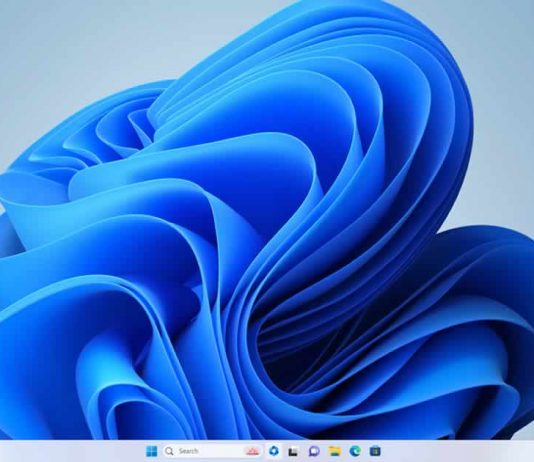Microsoft’s latest update to Windows 11 is set to redefine the fundamental hardware expectations for PCs globally. The tech giant has now announced an increase in the minimum RAM requirement for PCs running Windows 11, moving from the longstanding 8 GB to a substantial 16 GB.
According to recent reports, this significant increase in RAM requirements is directly linked to the integration of advanced AI features, particularly the new Copilot function in Windows 11. Copilot is designed to provide users with a more seamless and intuitive computing experience, but at the cost of higher hardware demands.
For users, this change is a double-edged sword. On one side, those equipped with 8 GB RAM systems will find themselves behind the curve, unable to fully leverage the AI capabilities offered by the latest Windows update without a hardware upgrade. However, on the brighter side, the current market prices for DDR4 and DDR5 RAM sticks are relatively user-friendly, making this transition less burdensome on the wallet than it might have been in the past.
This is not the first time Microsoft has raised the hardware bar. The company has a history of incrementally increasing minimum hardware requirements to ensure that their software runs smoothly and efficiently. For instance, the initial release of Windows 11 already demanded a minimum of 8 GB RAM to support Android applications effectively, with a recommendation of 16 GB for optimal performance.
In addition to RAM, Microsoft is also focusing on the processing power, particularly the Neural Processing Unit (NPU) capabilities of processors, setting a minimum standard of 40 TOPS (trillion operations per second) to manage AI tasks without a hitch. This aims to enhance the efficiency of AI features and future-proofing the PCs for upcoming advancements.
Critics and users have expressed mixed reactions to this news. Some view it as a natural progression in the evolution of technology, where software advancements necessitate hardware upgrades. Others, however, see it as an unnecessary burden, especially for those with older PCs or limited budgets.
The implications of this development are far-reaching. For RAM manufacturers, this represents a potential surge in demand for 16 GB memory modules. For users, it means reevaluating their current systems and possibly investing in upgrades. For the tech industry at large, it signals a shift towards more AI-centric computing, where software and hardware developments are increasingly intertwined.
